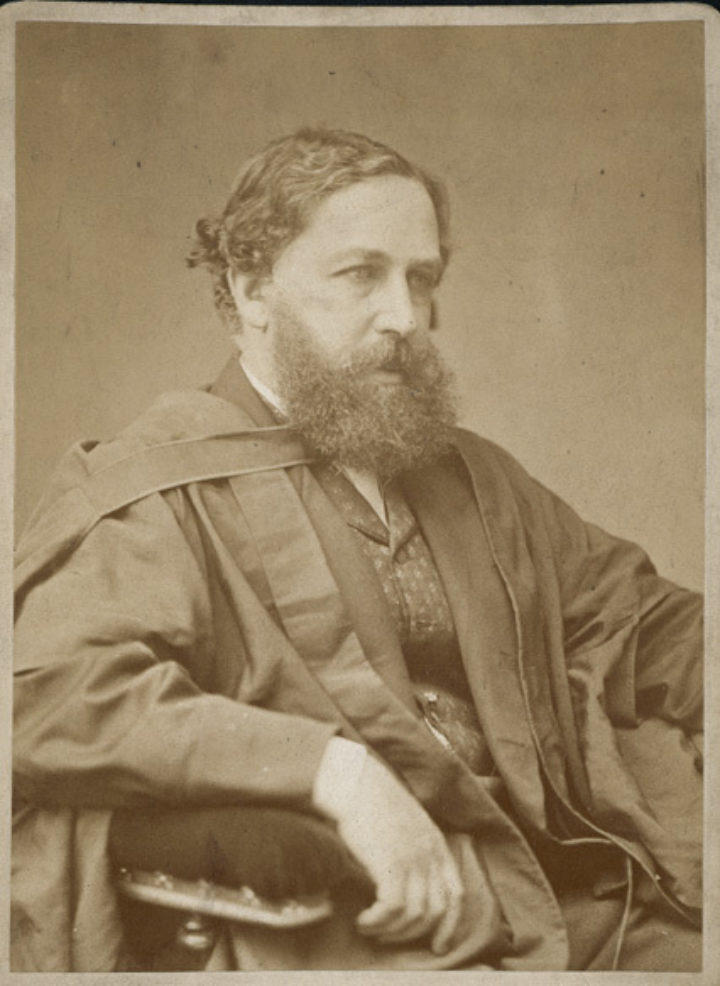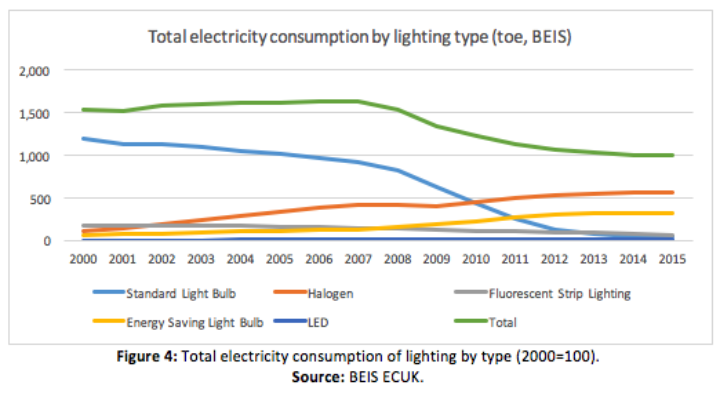Bouncebackability: Is there still truth in the Jevons Paradox?
Critics of energy efficiency often hark back to the 150-year old theory - but it doesn't hold up too well now
By Jonny Marshall
Share
Last updated:

Despite its uninspiring name, energy efficiency is set to take pride of place in upcoming European energy policy. On a simple level it makes perfect sense: we can use less energy to do the same job, pay less money doing so, and pump fewer resultant emissions into the atmosphere. Win, win, win - right?
However, there are some doubts over the extent to which energy efficiency actually ‘works’. If gas prices fall through falling demand, for example, do we turn up the heating now that cost is less of a burden? And how much of the cash saved on the back of more efficient home appliances do we spend on other goods and services which, in turn, take energy to produce?
The opening shot of this debate went off over 150 years ago with the Jevons paradox.
During the Industrial Revolution, Scottish economist William Stanley Jevons noted that a jump in steam engine efficiency led to a surge in coal use, as the machines became more affordable: 'elementary economics', says a prominent energy economist.
This runs contrary to the simple mantra of energy efficiency, that by making a process more efficient we use less energy.
Over time, however, this position has weakened. Basically, energy demand elasticity - the extent to which energy use increases as its price falls - has decreased, especially in developed nations. Now, much of the discussion focuses on the rebound effect – the difference between forecast savings through efficiency and those realised – rather than the ‘overshoot’ noted by Jevons.
Small bounce, if any
This rebound can arise through a couple of channels. The first is offsetting energy savings by using more – leaving lights on as the cost of doing so falls, or driving more as petrol becomes cheaper. This is known as the direct rebound effect.
The second form, known as the income effect, is much harder to pin down accurately. It is based on the premise that a fall in energy expenditure is equivalent to an increase in real income, giving us more cash to spend on other goods and services, many of which have their own energy footprint.
Taking lightbulbs as an example: if it were really true that the lower running costs of new, efficient bulbs meant we were keeping lights on all hours, the decline in lighting sector energy use shown here would not be observed.

The fact that we do see this overall shrinkage in lighting sector energy use means that here, the rebound effect is not significant.
This is not simply a phenomenon in lighting. UK electricity demand has fallen by 17% since 2008, with gas use down 24%, despite a proliferation in the number of (increasingly efficient) devices in our homes and an increasing population. Overall, UK households now use nearly a third less energy than they did in 1970.
Wealth gap
In nations such as the UK, where there is less of a pent-up demand for energy than in developing countries, this ‘de-linking’ between price and demand is increasingly common.
Cutting energy waste: The numbers
£30bn per year: What Britain spends on space heating
£3.6 million: What treating the health effects of fuel poverty costs the NHS per day
Half: Impact on home energy demand of effective wall insulation
21%: Decline in gas demand for heating Britain's homes since 2000
80%: Proportion of UK public backing subsidies for cutting energy waste
Download our factsheet here.
Much harder to quantify, however, is how consumption of other goods and services increases as real income effectively increases, particularly on a global scale. It is sometimes argued that improving energy efficiency over the decade has coincided with ever increasing global energy demand, and this proves that energy efficiency doesn't work. However, this could well be a question of people seeing a correlation and assuming causation.
While there may be some truth to the rebound theory in nations undergoing rapid economic growth, if we look to the UK – a country where more and more aspects of life are not related to energy costs – it appears that the notion of a significant rebound may be overstated.
A comprehensive study of energy efficiency measures in the UK shows a rebound of just 5-15%, based largely on the idea that expenditure on gas and electricity is one of the most energy- and greenhouse gas-intensive ways of spending money. Spending saved money on food and drink, or clothing, will be less energy intensive; and while this money could be spent on flights or petrol, it could equally be directed into a savings account, into downloading music or video games, or simply reducing personal debt - thereby incurring negligible energy use.
This seems unfortunately lost on the man tasked with reviewing UK energy costs. In his 2012 book The Carbon Crunch, Oxford’s Dieter Helm argues that energy efficiency simply doesn’t work, and that the fabled ‘low-hanging fruit’ of energy efficiency is nothing but a mirage.
An alternative view is offered by researchers at Yale University (among others), stating after a thorough literature review: 'We find that the existing literature does not support claims that energy efficiency gains will be reversed by the rebound effect. Thus we would argue that the continued focus on backfire in policy debates is largely unwarranted.'
Notable policy areas are in theory out-of-bounds for Professor Helm's keenly-awaited review. And with the statutory advisors the Committee on Climate Change pointing out several times that the UK doesn't have effective energy efficiency policies in place at the moment (the Green Deal certainly wasn't ministers' brightest idea ever), measures proven to cut energy waste and hence lower bills ought to be a no-brainer.
Especially now that Jevons and his famous paradox, as evidence shows, are as much a part of the past as the steam engines whose use he studied.
Share